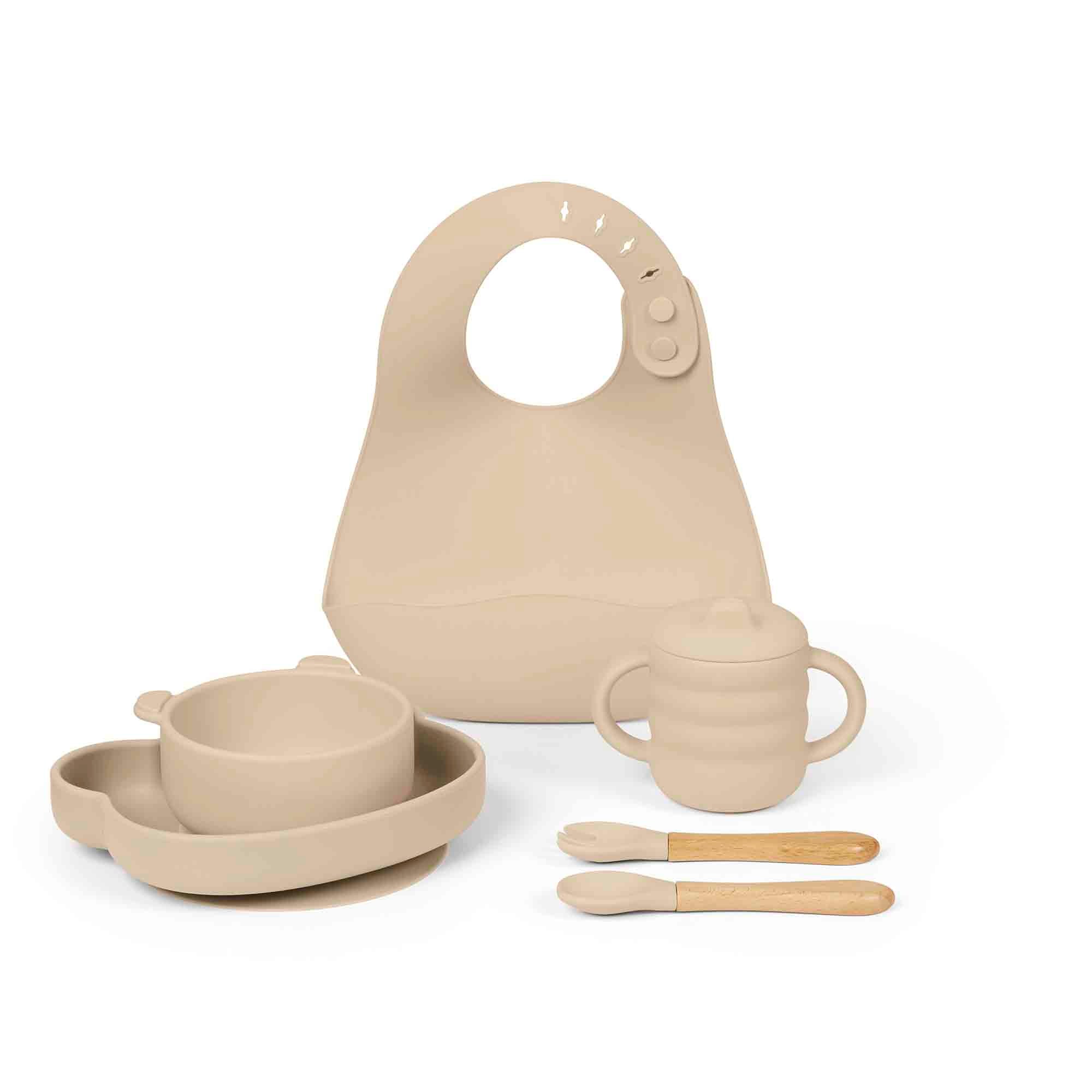Fertility Week
Interview with Head of Policy and Public Affairs at Fertility Network UK, Dr Catherine Hill

As this week marks Fertility Week, we caught up Head of Policy and Public Affairs at Fertility Network UK, Dr Catherine Hill, to discuss just what support this leading patient-focused fertility charity provides.
With a wealth of experience working within the fertility sector, she is passionate about supporting anyone facing fertility issues – whatever the stage of their journey – after going through fertility treatment herself.
Firstly, thank you Dr Hill for joining us to discuss fertility, a topic which is often not spoken about enough. Please can you start by explaining what Fertility Week is all about?
This week is all about raising awareness. Challenging myths around fertility and infertility; fundraising and offering lots of events and various webinars across the country. We have also released two big surveys this week, the impact of the cost of living crisis on fertility patients and the UK’s biggest fertility survey to date, the impact of trying to juggle infertility treatment and work.

Obviously Fertility Week is key to raising awareness of fertility issues but these obviously affect people day in, day out. How do Fertility Network UK help individuals throughout the year?
We are the UK’s national fertility charity, offering free and impartial information and support for anyone with fertility issues. We are there for anyone and everyone on a fertility journey. You don’t even have to be on a journey, you might just be curious about fertility. For example, a woman thinking about freezing your eggs or considering how do I look after or maintain my fertility?
You might be thinking about starting trying to conceive or you might be actively trying. Maybe you’re going through fertility treatment or maybe you’ve gone through unsuccessful fertility treatment and now you’re navigating life without children.
We provide information and support on people being successful and unsuccessful through fertility treatment as we recognise there’s a trauma associated with both. We also provide support for those exploring alternative pathways to parenthood such as adoption; surrogacy and using donor eggs or donor sperms.
Recent data from the World Health Organisation tells us that 1 in 6 people struggle with fertility issues. That’s one person on every street in the UK.
A big thing for us is that we know a lot of people struggle in silence. There is still a huge taboo and stigma around fertility which makes what we do even more important. One of the main messages we want to promote is that you are not alone.
No matter what your situation is, do reach out to us. Whether that’s on our website or on our social channels [links below].
If you’re struggling, you can phone us or email us. We have a large online community via Health Unlocked which provides access to others in similar situations.
Our support line is staffed by former fertility nurses who can offer advice related to medical queries or even just offer a sympathetic ear. They’re there for you Monday-Friday.
You mention peer to peer support, what kind of groups do you offer?
We run a large number of support groups. Most are online since covid but we do have a few face to face ones. They are regional so you can meet up once a month with people in your area.
We also have speciality support groups because we recognise that different groups have different needs. For example, 40 and Over, Black Women’s, South Asian, LGBTQ+, Single Women and HIMfertility - a male only group which we know can be more helpful to men if they can express their feelings with other men. These feelings might not be concerning male factor problems specifically, it could be how to support their partner, for example.
These peer groups can be so important. There is a lot of support to be had from talking to someone in a similar situation. Just having that connection can be so important as the isolation that comes with infertility has a massive impact. We know from our work that most people struggling are depressed and that 40% have experienced suicidal thoughts. With this in mind, please do reach out to us.
How about support for those looking to finance fertility treatment or looking to broach the subject of fertility treatment with their workplace?
We provide links on how to access funded fertility treatment via the NHS on our website but we are actively lobbying for change. We also have an initiative called Fertility In The Workplace (FITW) if you’re struggling trying to broach the subject at work. Perhaps your workplace doesn’t have a fertility policy or you just don’t know how to speak to your manager about it… we offer support on how to do this.
If you’re a company, we also offer resources for self-employed, SMEs and larger organisations
What would you say to anyone reading this who is intending to start a family and worried they might have fertility struggles?
Firstly, arm yourself with the facts. Find out if you did have a problem, is help available in your area? Go to our website and look at what is available within your area. We have a series of fact sheets giving you everything you need to know on how to prepare yourself for having a baby.
Doing the right exercise, eating the right things – being as healthy as possible.
In general, if you do have a problem conceiving, in most areas you have to have been trying for two years as a heterosexual couple or if you’re over 35, trying for one year. In general there is a delay before you can access NHS funded help and this then varies massively across the UK. Some areas are still offering very little funded treatment. If you’re a woman in a same sex relationship, in most areas of the country there’s a massive financial hurdle when it comes to accessing funded treatment. Same for if you’re a would-be single mum. Sadly in the UK the majority, over 60%, of fertility patients have to pay for their medical treatment and that is something we are lobbying to change.
How can family and friends as well as colleagues help someone who is trying to conceive, going through treatment or living without children?
We have a specific fact sheet that people can download from our website. The most important thing is, it’s better to ask or ask if it’s okay to ask than to say nothing at all. Not saying anything at all can give the impression that you don’t care.
It’s important to accept what the person is saying… if they say they have a problem, don’t suggest they might be wrong about that. Try not to offer advice about what you think they should do. If you’re going through it, you’ll have looked at everything. Offer that listening, sympathetic ear and a shoulder to cry on if needed. Listen without judgment. Don’t make light of it and try not to offer the success stories that you’ve heard about as although you might think that can give them hope, it’s almost like someone saying, it’s okay – you will win the lottery. There can’t be those promises so better not to offer those success stories.
As a rule, don’t say anything to a couple struggling with infertility that you wouldn’t say to someone who’s lost a child. There’s bereavement process that people going through fertility issues go through. These people need someone there for them, someone who will listen. Accept they’re going through a deeply distressing time.
Commonly people will say, “Just relax and it will happen”. If you have a fertility issue, this won’t make a difference.
“Why don’t you just adopt?” This is one that probably comes from a well-meaning place but it’s just not as simple or straightforward as that.
Essentially, you’re grieving the child you may never have and going through treatment or coming to terms with facing life without children can trigger a massive life crisis.
Another thing to bear in mind is suggesting adoption as an alternative route to parenthood. Children going through adoption have also experienced trauma too so putting a traumatised child with a traumatised couple is not always right.

What would you say to anyone struggling with the baby/pregnancy related content they’re viewing on social media?
It’s very difficult. Turning off social media for some people, that’s the only way they can move forward. On the Fertility Network UK social channels, we have a no baby bumps and no babies policy as we know how triggering this content can be.
When someone’s baby scan picture pops up, it can be so painful so you just have to know your boundaries and switch off, particularly at traumatic times.
And how about triggers in everyday life? That best friend who’s just announced they’re pregnant or being invited to baby showers or family events, for example? Do you have any coping techniques that can help?
You can say no to these events. Express why you are doing so and explain how it’ nothing to do with your feelings and emotions for the person being celebrated. You can want to celebrate and be happy with them but it’s just not possible for you to do so at that time.
You are not being selfish. You’re simply recognising that you have to look after yourself in that moment.
Practice self-care and know your boundaries.
Most people want to know when someone is pregnant. We have found that people prefer to be told in a private space and want to know as soon as possible. It’s far worse if you’re not told and find out unexpectedly in a public space. If you’re a friend and know your friend is struggling, your friend will be happy for you but will be experiencing a whole load of emotions which are likely to include jealousy and bitterness. It’s important to recognise your friend has those emotions.

Thank you, this is such valuable advice. Do you have any final things you’d like to say to anyone struggling with fertility?
Don’t suffer in silence. Do reach out to us. Do get involved with our support groups. The support is there and you are not alone. There are people who understand and can help you.
For more further advice and support, as well as other ways you can help support the vital work that Fertility Network UK do, visit their website and give them a follow on their social channels.







